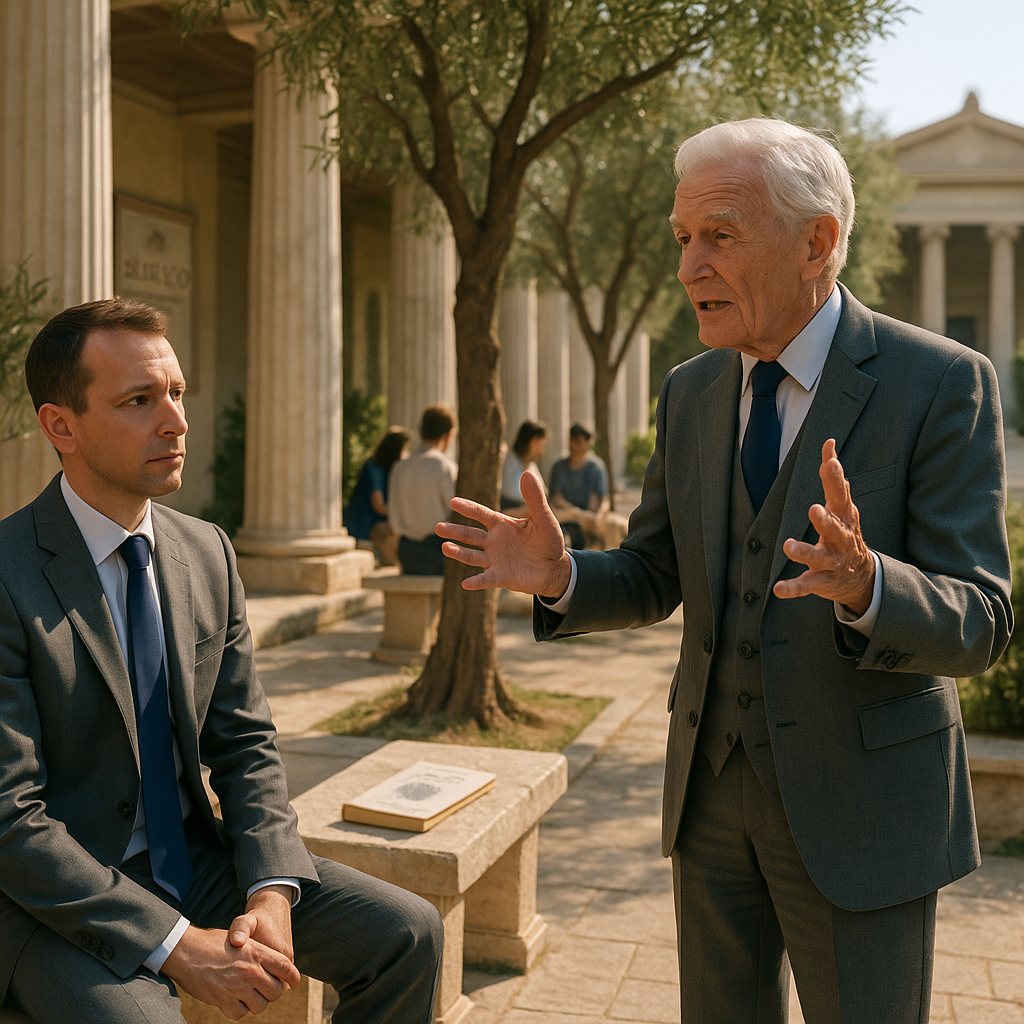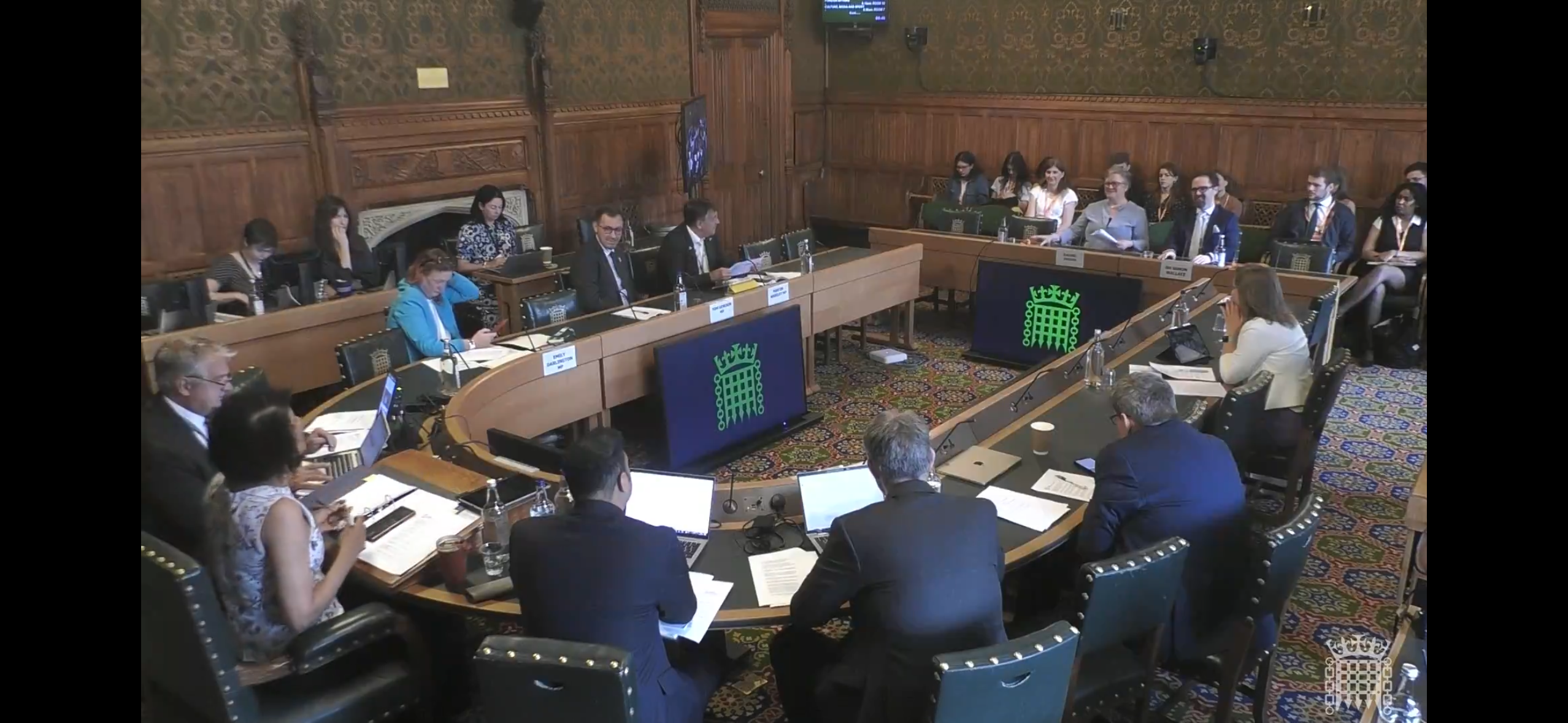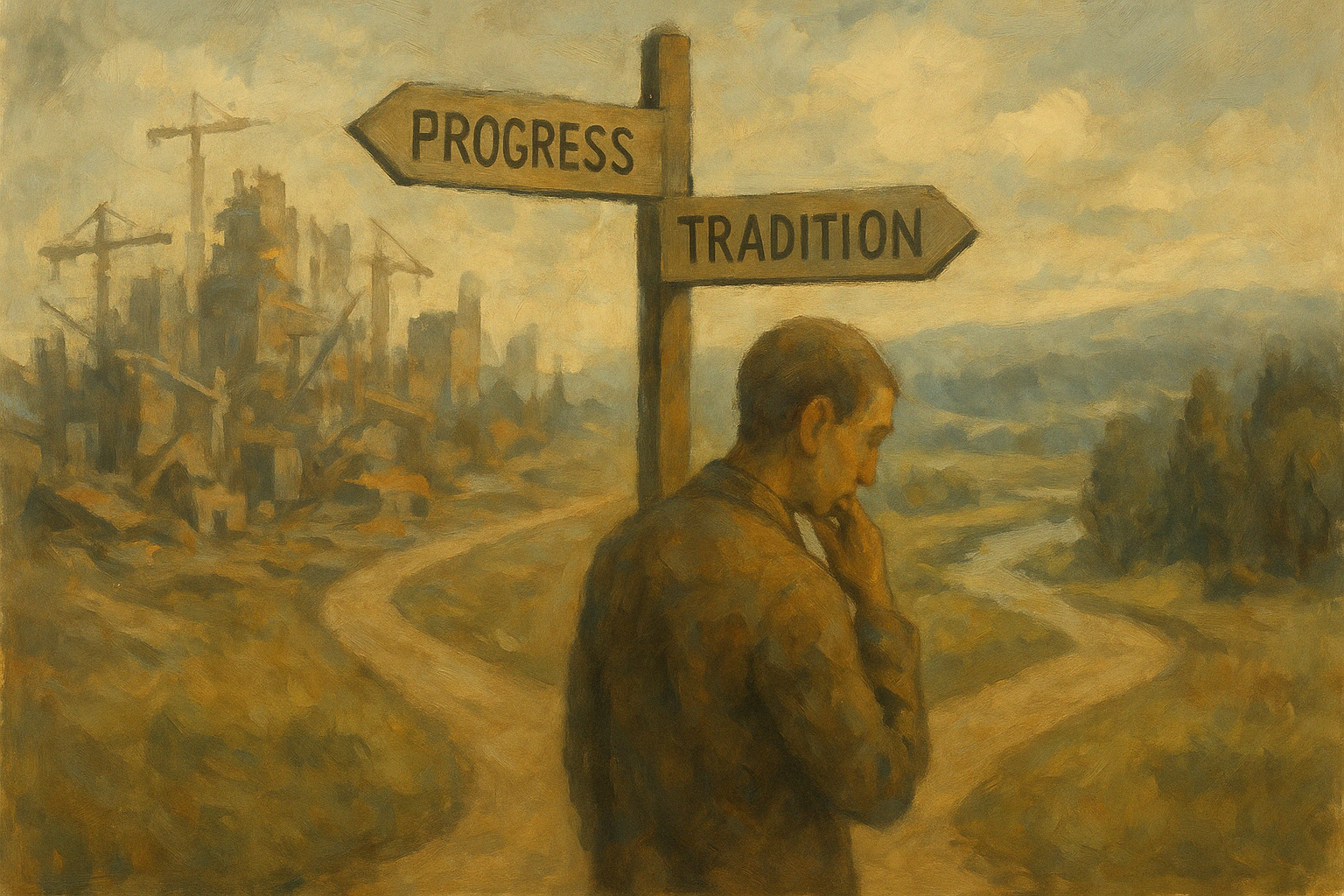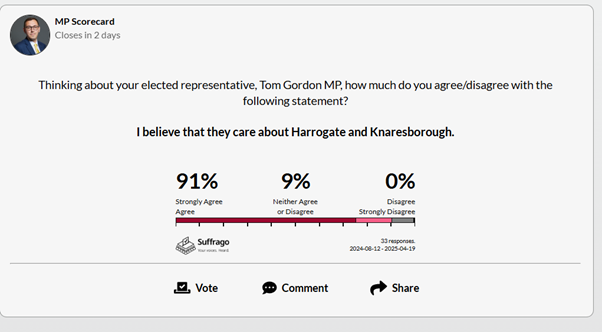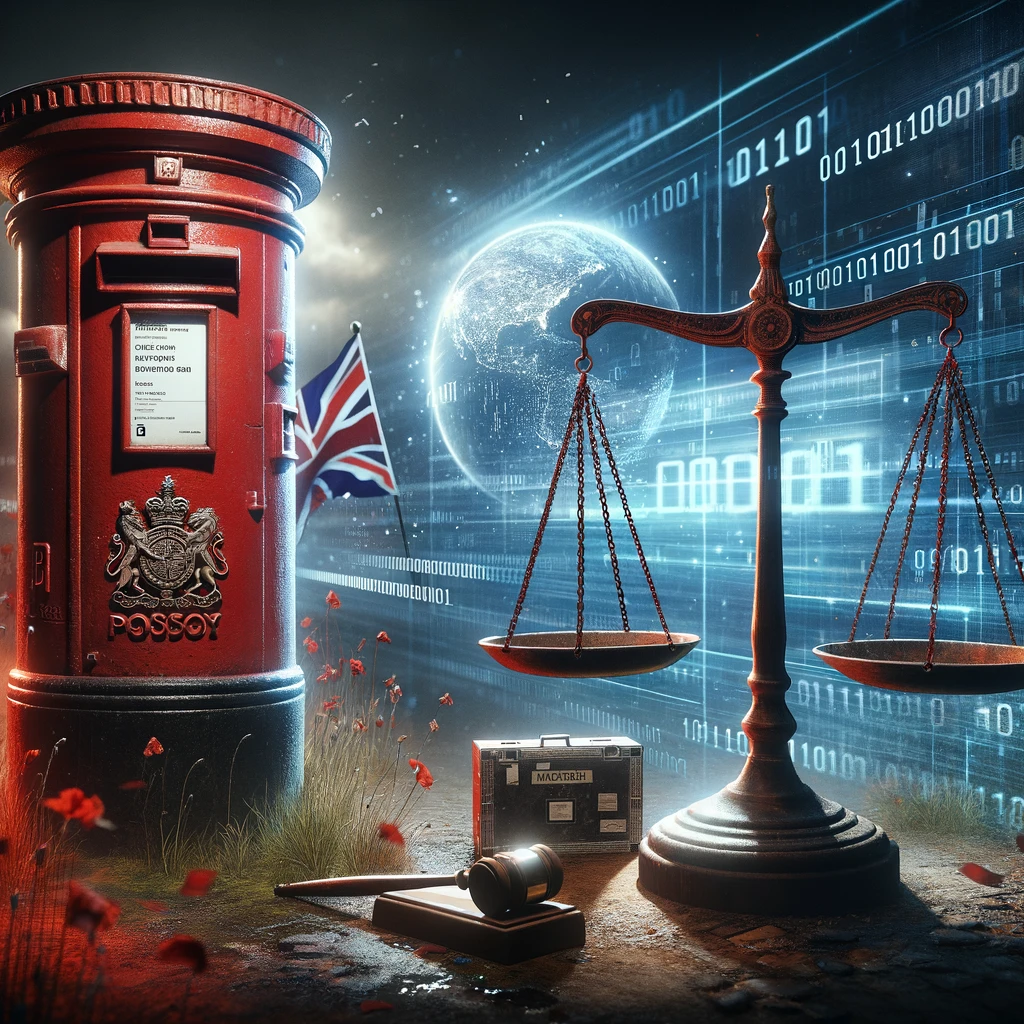On the morning of September 11th, 2001, my good friend went to the Iranian Embassy in London to collect our visas. In what was a foreboding experience, we had completed the requisite paperwork in the embassy several weeks before. With our plane tickets booked to Athens, the plan was that we were to make it overland – from Greece to Thailand, flying home from Bangkok. By this point, we had obtained visas for Pakistan, India and Bangladesh. The back-of-a-fag-packet plan was to apply for a Burmese visa when in Bangladesh. The Iranian visa was the missing piece.
Due to 9/11, with the world in a pickle, with travel insurance invalidated for Iran, we were only able to safely visit India.
Watching the Taliban press conference, a few days ago, I thought I would revisit my Lonely Planet Guidebook to Central Asia, printed in 2000. My friend and I would have ventured into Afghanistan, had it been safe at that time. The guidebook reads:
“At the time of writing the sound of gunfire and shelling still reverberates over parts of Afghanistan as it has done with depressing regularity since the late 1970s. Hopes are high that the latest faction to win control over the war-torn capital, the Islamist Taliban fighters, may eventually succeed in bringing peace but for the time being Afghanistan is unsafe to visit.
The 19th century was a period of often comic book confrontation with the British, who were afraid of the effects of unruly neighbours on its great Indian colony. The rise of Great Game tensions and the internal weakness of the Afghan Kingdom resulted in a series of remarkably unsuccessful and bloody, preventative wars being fought on extremely flimsy pretexts.
In 1841 the British Garrison in Kabul found itself under attack after Alexander ‘Bokhara’ Burnes was hacked to pieces by an Afghan mob. The British attempted to retreat to India and were almost totally wiped out in the Khyber Pass – out of 16,000 persons only one man survived. The British managed to re-occupy Kabul and carried out little razing and burning to show who was boss, but Dost Mohammed ended up back in power, just as he had been before the war.
Following local wars, from 1878 to 1880, Afghanistan agreed to become more or less a protectorate of the British, happily accepted an annual payment to keep things in shape and agreed to a British resident in Kabul. No sooner had this diplomatic mission being installed in Kabul than all of its members were murdered. This time the British decided to keep control of Afghanistan’s external affairs, but to leave the internal matters strictly to the Afghans themselves.”
History does not repeat itself, but it often rhymes, so said Mark Twain.
……………………………………………….
In strict legal terms, the initial war in Afghanistan in 2001 was lawful. Morally, there was a casus belli – just cause. The “occupation” also had legal cover, as the foreign troops were invited to remain in situ by the Afghan Government. But was there a duty to nation-build – and, if so, at what cost and for how long?
My view is that our shameful colonial legacy, rather than the invasion of 2001, obliged us to help. The boundaries drawn by colonial officials many years ago split communities, artificially creating this country and that country, sowing generations of division. As a former Burma/Myanmar expert, this pattern is familiar.
With regards to the US, any obligation to the Afghans stems not from their invasion in 2001, rather from their proxy war fought against the Soviet Union during the 1980s, flooding Afghanistan with weapons. Such obligation does not last twenty years, nor should it cost $2 trillion, 2442 dead and 20,660 wounded.
President Biden has come under sustained criticism due to the manner of the collapse, but he was elected on a pledge of ending the “forever wars”. I shall not join in with the condemnation, for he was democratically elected, with his rival – Trump, who made the deal with Taliban – also promising likewise. Had the US remained, in breach of the presidential promises, the US taxpayer would have shouldered additional considerable expense. If such cost had been met by the UN, fairly split across the G20 countries, given that no US soldier had died in 18 months, such continued involvement would have been equitable to the US, but it was not. Expecting the US to act as the world policeman, with the expectation that the US spends a higher proportion of her GDP on defence than other NATO allies, is the root cause of the scenes at Kabul airport. Look to Germany, France, other NATO countries and to the UN, if you want to allocate blame.
Certainly, the intelligence assessment of the capability and durability of the Afghan National Army (ANA) proved wildly inaccurate, but such predictions were always educated guesses. Just as the intelligence errors which led to Pearl Harbour did not bury Roosevelt, the CIA assessment of the ANA shouldn’t finish Biden. In fact, the speed with which the ANA collapsed, when faced with an inferior force, gives credence to Biden’s position – that the US job in Afghanistan could never be complete, leading to many more trillions to be spent to little strategic or economic gain.
However, politics is an unfair business. Images of Taliban fighters in US fighter planes and driving around Kabul in Humvees, which will drip-drip for years to come, will pummel Biden on a daily basis. Given his age, Biden will not seek re-election, paving the way for Harris. Harris’ success may rest on her ability to distance herself from the withdrawal. This may wash with the US electorate, who know that Biden has always been opposed to US military adventurism. As the Taliban always say, “You may have the watches, but we have the time.” Foreign expeditions on behalf of a democratically elected Government – in this case, the US – can only ever be time-limited affairs.
………………………………..
Combined with the angst that we in the West feel for those caught up in these unfortunate circumstances, my (likely unpopular) view is that we feel embarrassed – humiliated even – that “our side” were so easily swatted away, often without a fight, by fighters whom many regard as primitive. Furthermore, the Taliban leaders whom we now see on TV, do not so far appear to be the monsters which we were led to believe that they were. This is not to ignore their multiple atrocities, rather it is comment on their appearance and actions as de facto rulers thus far.
My sense is that many people in the West feel discombobulated: everything that we thought we knew was wrong. To make matters more disorientating, my view is that many in the West now feel unsafe: our soldiers were beaten (when they were not); our allies are incompetent and untrustworthy; refugees and terrorism will soon be brought to a street near you; our prestige, shattered. As George Orwell wrote: “We sleep safely in our beds because rough men stand ready in the night to visit violence on those who would do us harm.” Our “rough men” have gone, though most of them left years ago.
…………………………………………………
Watching the Taliban take Kabul without a fight, pondering the reason why it was an effortless coup d’état, instantly I thought of my favourite organisational thinker, Simon Sinek. Sinek created the third most-watched TED Talk of all time. Sinek’s simple message is that organisations need a shared Why: i.e. a culture – a mission – that all participants subscribe to. Through adhering to that vision, an organisation can achieve great things.
Sinek highlights how the little-known Wright Brothers somehow managed to fly the first plane despite being pitted against Samuel Pierpont Langley – an eminent astronomer who was bankrolled by the US Government and who assembled the brightest minds of the day. As Sinek states about the Wright Brothers, “they were able to inspire those around them and truly lead their team to develop a technology that would change the world.”
My view as a non-expert (though with some foreign policy acumen – I submitted written evidence to the House of Lords Economic Affairs Committee) is that the ANA were without a mission that the foot soldiers and their leadership bought into. Though well-trained and well-armed, they were no match for purpose-driven Taliban fighters. Without purpose – because Afghanistan, though a nation state in legal terms, has little cohesivity. This mountainous country, with few roads, makes for insular, autonomous areas, rather than a joined-up whole. This is not to criticise the Afghan people, for a national identity cannot be forced. Why, then, as an ANA solder would you risk your life for an idea that you do not – to your core – believe in?
……………………………………………………
Do we in the West have a moral or legal duty to evacuate anyone who is queuing at the airport? Have “we” spent enough? Should we aid the brain and financial drain, which is taking place, hampering the country for years to come? If so, who do we bring over and for how long? Because our taxpayers funded Afghan engineers, should we take their whole families with us, depriving Afghanistan of their skills?
The moral answer perhaps lies in our analysis of what may happen to such people if they stay, but then we have already witnessed the issues with predicting what will happen in Afghanistan. Applying a risk-assessment methodology, temporary residency should be provided for those with cause. If Afghanistan does not descend into reprisals, then Afghans would need to return, supported by turbo-charged foreign aid. Whilst in the UK, all Afghan should have the right to work – a right that refugees have but asylum-seekers do not. If safe, Afghanistan will need most of the people back who are now departing.
……………………………………………………….
But has the Taliban changed in twenty years? Early indications suggests that they have. The world has changed in that time. Their leaders have experienced life in other countries. A generation of Afghans has experienced democracy, women’s rights, and the internet. The country they now govern is a different prospect from what they knew. Taliban leaders will still scan the sky for drones, perhaps tempering some of their activities.
Sadly, what I expect to see is some reprisals and a dramatic reduction in women’s rights. I expect that the West will make it difficult for the Taliban to access banking and international aid, so I expect to see – as has happened in Burma/Myanmar – the march of the Chinese into Afghanistan. Iran, Russia and Pakistan too will all look to curry favour, with minerals to exploit and border zones to influence. The Great Games – as mentioned in the extract from my guidebook above – continue. Everything changes, but nothing changes.


